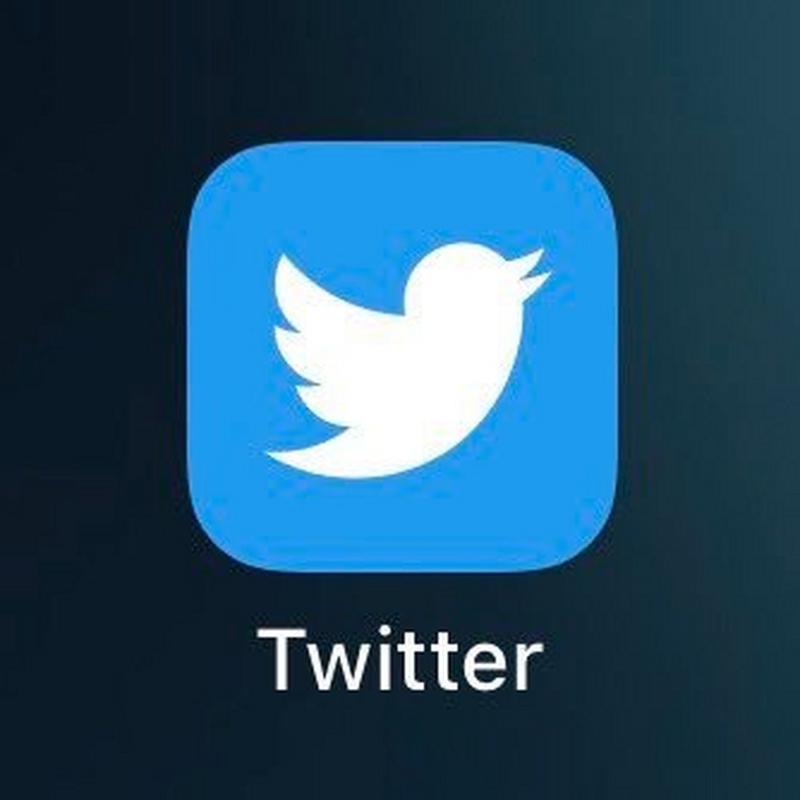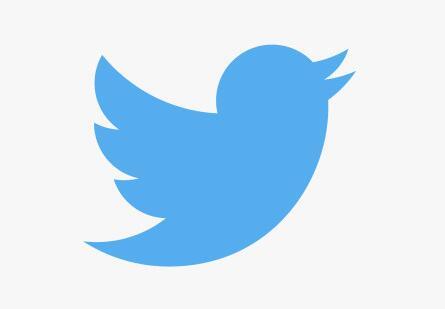Elon Musk now owns Twitter. He renamed the platform X. Musk calls X a key place for open ideas. He wants people to talk freely. Musk believes less content moderation supports this goal. He calls it true free speech. Many users see big changes since he took over. Some old rules about what people can say are gone. This worries some groups. They fear harmful speech might increase. Others praise the new openness. They feel more able to share different views.
(Elon Musk’s Twitter: A Platform for Ideas)
X faces new business challenges too. Big advertisers reduced spending. They worry about content next to their ads. Musk is trying new ways to make money. He introduced paid verification. This lets users get a blue checkmark for a fee. He also talks about turning X into an “everything app”. This means adding payments and banking features later. The company cut many staff members. Musk says this makes X faster and more efficient. Users report mixed experiences with the platform now. Some notice more technical problems. Others see faster updates and new features.
(Elon Musk’s Twitter: A Platform for Ideas)
The debate about X is loud. Supporters say it fights online censorship. Critics argue it allows dangerous misinformation. Governments in some countries watch X closely. They question if it follows local laws. Musk insists X follows the law. He says it removes illegal content. Musk uses X himself constantly. He posts his thoughts and company news there. His personal posts often make headlines. He interacts directly with users frequently. This direct access is unusual for a major CEO. The future of X under Musk remains uncertain. Its role as a global town square is being tested. Its financial health is also still a big question. The world watches how this social media experiment develops.

